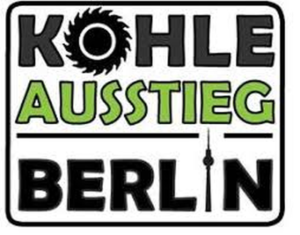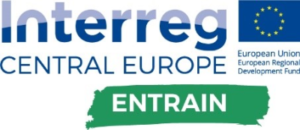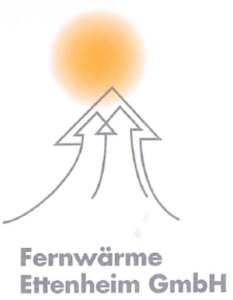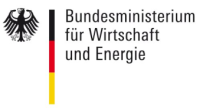Saisonale Wärmespeicher für den Kohleausstieg in Berlin 2030
Saisonale Wärmespeicher für den Kohleausstieg in Berlin 2030
Projektthema
- Sektorkopplung
- Energieversorgung
- Speicher
- Energiekonzepte
Aufgabe
- Studie
Förderung
- k. A.
Projektdauer
09/2018 – 05/2019
Gesamtbudget
k. A.
Projektbeschreibung
Erstellung erster Vorkonzepte für mögliche saisonale Wärmespeicher, um den Ausstieg aus der Kohleverstromung bis 2030 in Berlin realisieren zu können.
Auftraggeber
Vattenfall Wärme Berlin AG
Partner
Steinbeis Forschungsinstitut Solites
Ziel
Erarbeitung erster Konzepte zur Realisierung von saisonalen Wärmespeichern für das Versorgungsgebiet der Vattenfall Wärme Berlin AG zur Realisierung des Ausstiegs aus der Steinkohleverstromung bis 2030.
Umsetzung
Im Rahmen einer Vorstudie erarbeitete Solites erste Ansätze und ein erstes Vorkonzept für eine saisonale Wärmespeicherung im Fernwärmenetz der Vattenfall Wärme Berlin AG. Durch den vom Berliner Senat beschlossenen Ausstieg aus der Kohleverstromung bis 2030 muss die Abwärme aus der Kohleverstromung, die seither dem Fernwärmenetz zur Verfügung stand, ersetzt werden – nach Möglichkeit durch erneuerbare Energien. Hierzu ist eine saisonale Wärmespeicherung notwendig.
Ergebnisse
Die für einen Ausstieg aus der Kohleverstromung Berlins notwendige Größe für saisonale Wärmespeicherung erfordert eine zukünftige Flächensuche sowie weitere Technologieentwicklungen für saisonale Wärmespeicher, die die Anforderungen des Berliner Fernwärmenetzes erfüllen können.

Kontakt
Dirk Mangold
mangold@solites.de







